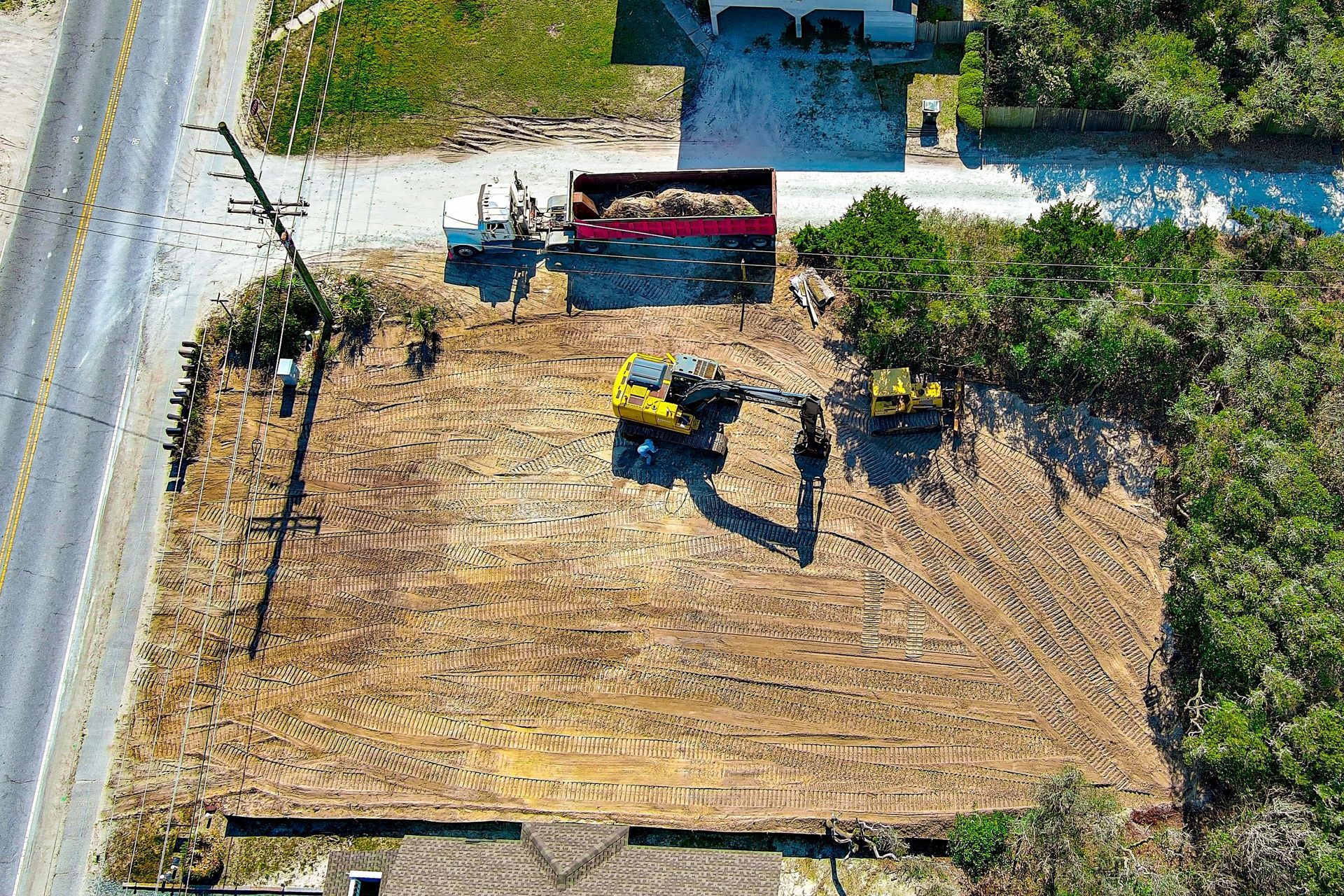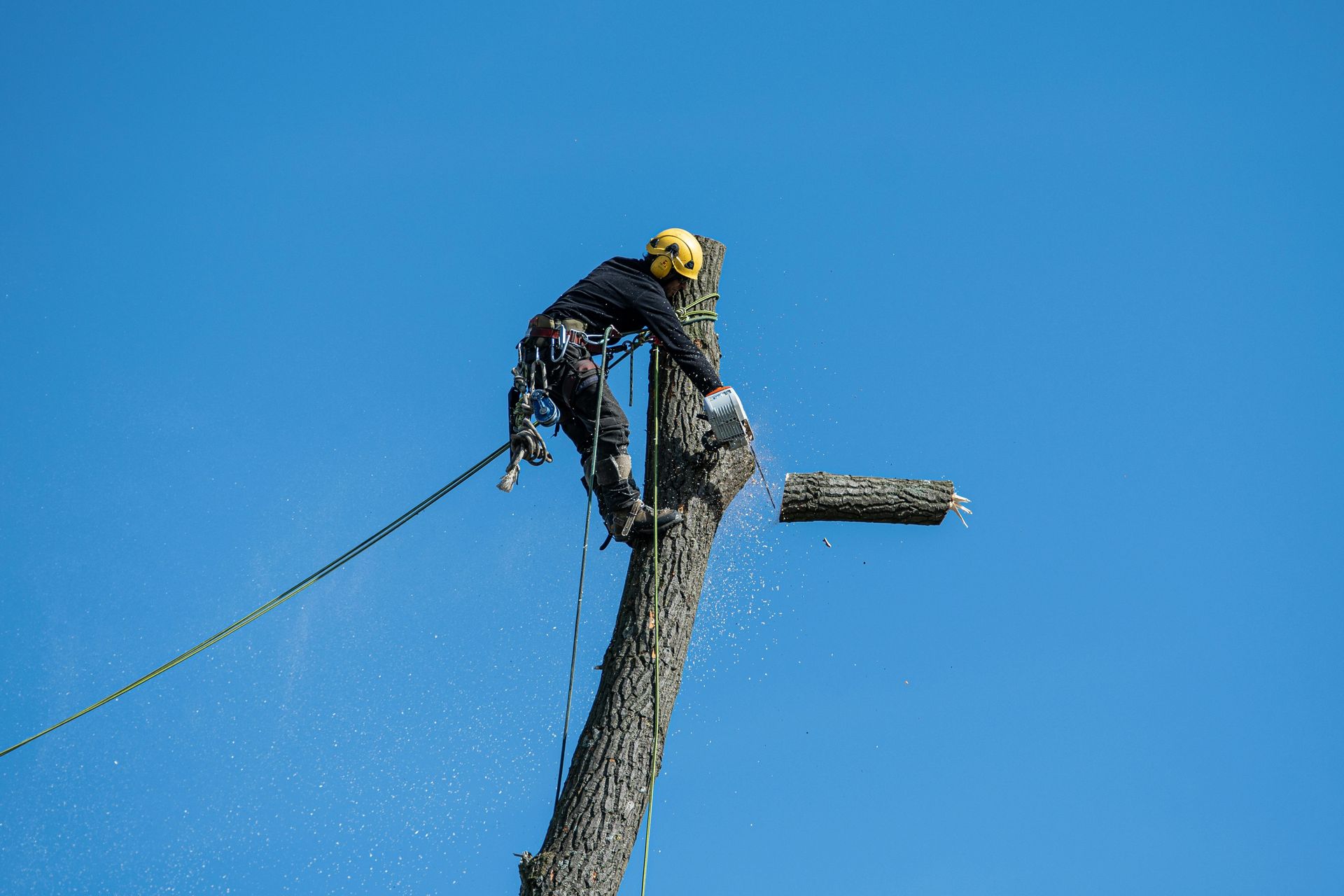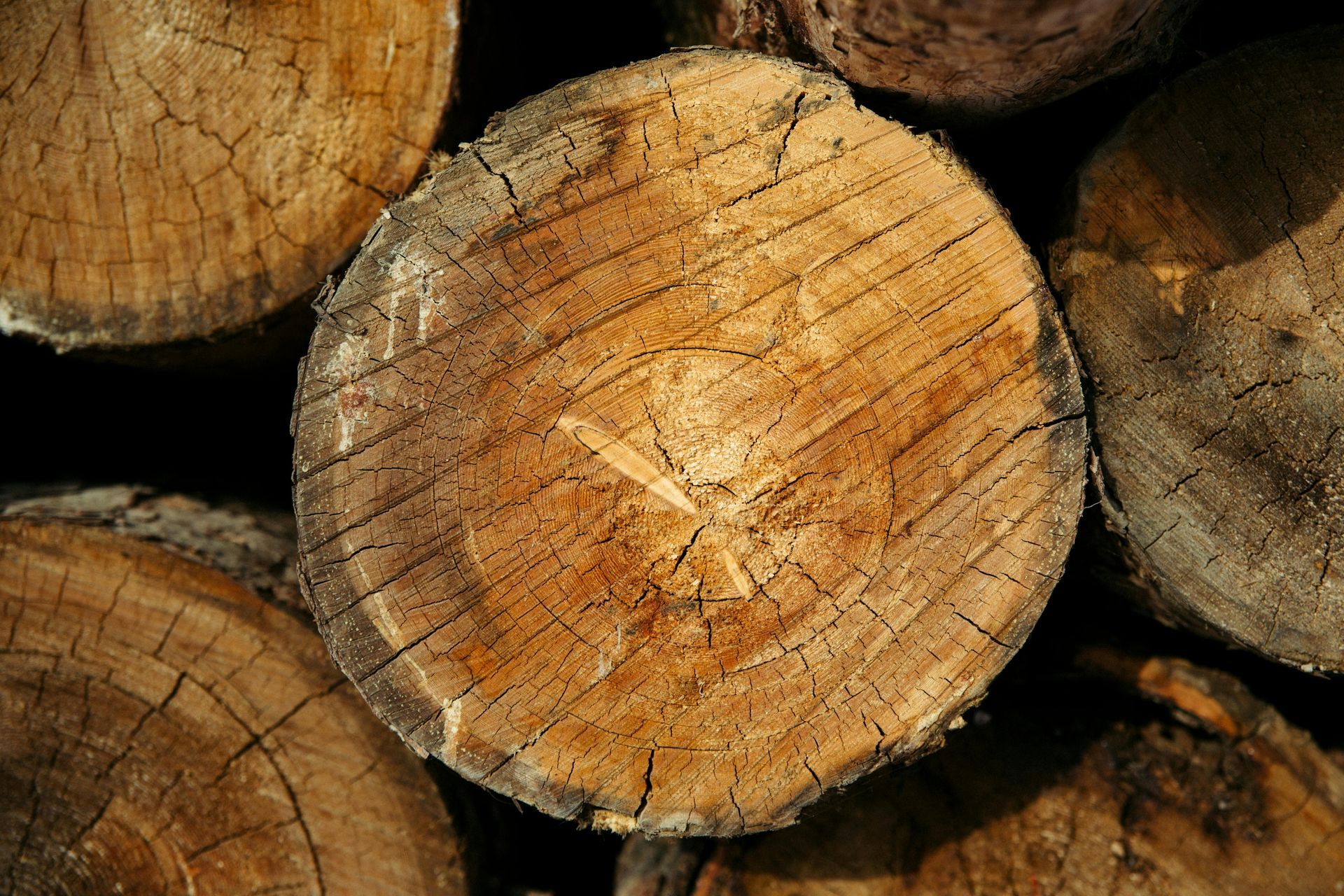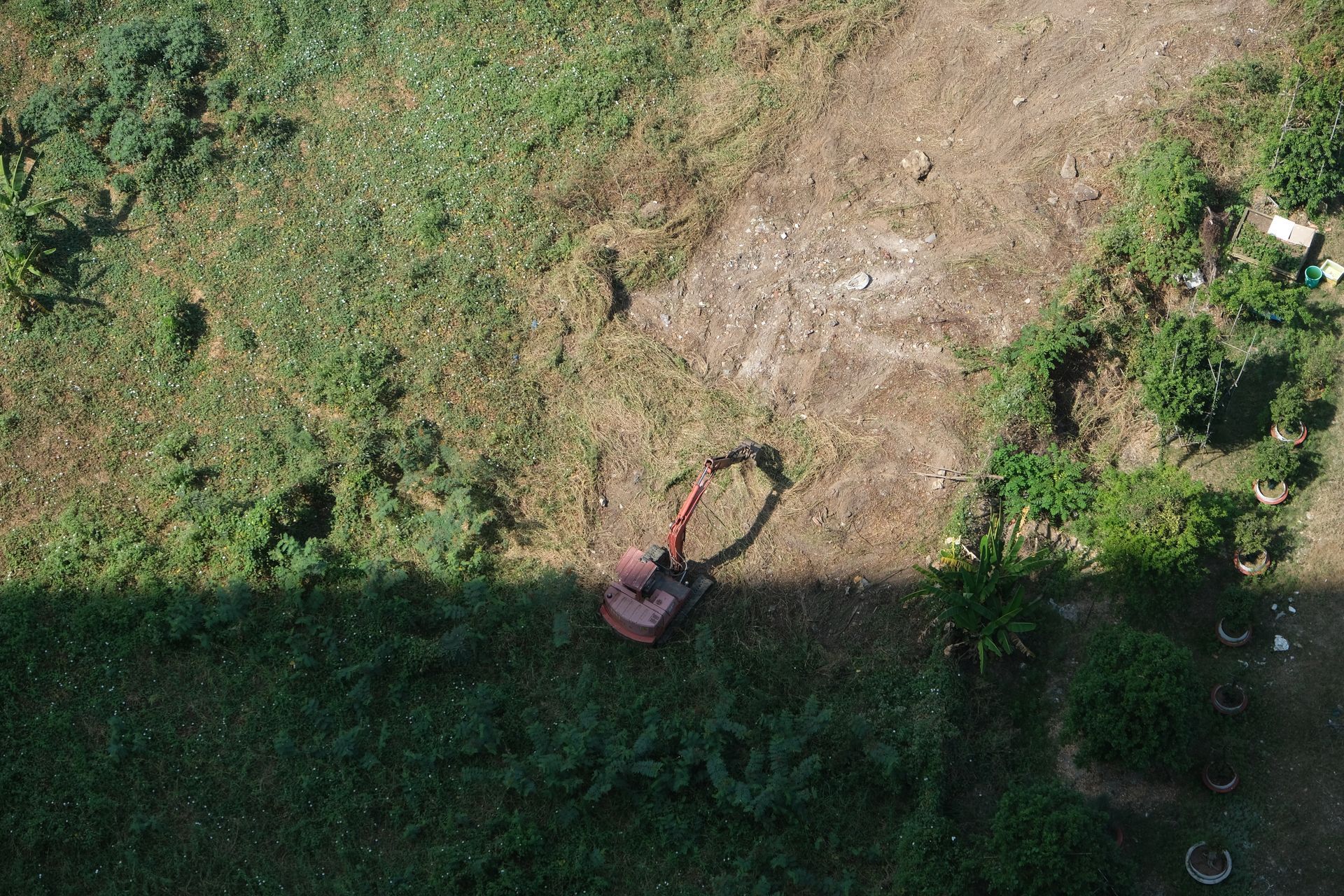Specific Services: Understanding the Overhead Sewer Program and Its Impact on Homeowners
Basement backups can be a nightmare for homeowners, leading to damage and health risks. In Springfield, IL, the Overhead Sewer Program offers a lifeline by funding plumbing modifications. Grade Timber Excavating Services helps navigate this program, and in this blog, we'll explain its details, eligibility, and benefits.
What is the Overhead Sewer Program?
Launched by the City of Springfield, this program assists with converting basement plumbing to overhead systems, reducing backup risks from overloaded sewers. It's available for buildings built before May 1, 1975, similar to programs in nearby areas like Mount Prospect or Bloomington.
Eligibility and Application Process
1. Property Requirements
Homes or buildings predating 1975 with basement plumbing are eligible. The program covers modifications like installing overhead pipes or backflow valves. Verification includes checking connection to city sewers and proximity to combined systems.
2. Application Steps
Homeowners apply through the city, providing property details. Approved projects receive grants up to a set amount. Grade Timber can assist with assessments and quotes. Programs often reimburse up to 50-75% of costs, with caps like $7,500.
Impact on Homeowners
1. Reduced Flooding Risks
Overhead systems direct wastewater above ground level, preventing backups during heavy rains—a common issue in Springfield. This protects basements from sewage intrusion, especially in areas with combined sewers.steverayplumbing.com
2. Financial Relief
The program offsets costs, making upgrades affordable. Combined with our efficient services, homeowners save on both installation and future repairs. Low-income options may include deferred loans.
3. Increased Property Value
Upgraded plumbing enhances home safety and appeal, potentially raising resale value. It also aligns with insurance requirements, reducing premiums.
4. Peace of Mind
Knowing your basement is protected from sewage backups provides invaluable security, especially for families. It mitigates health risks from mold or contaminants.
How Grade Timber Supports the Program
We specialize in overhead sewer installations, from design to completion. Our team ensures seamless integration with existing systems, minimizing disruption.
The Overhead Sewer Program is a game-changer for Springfield homeowners. Understand its benefits and partner with Grade Timber Excavating Services for expert implementation. Contact us to check your eligibility and start protecting your home today!










